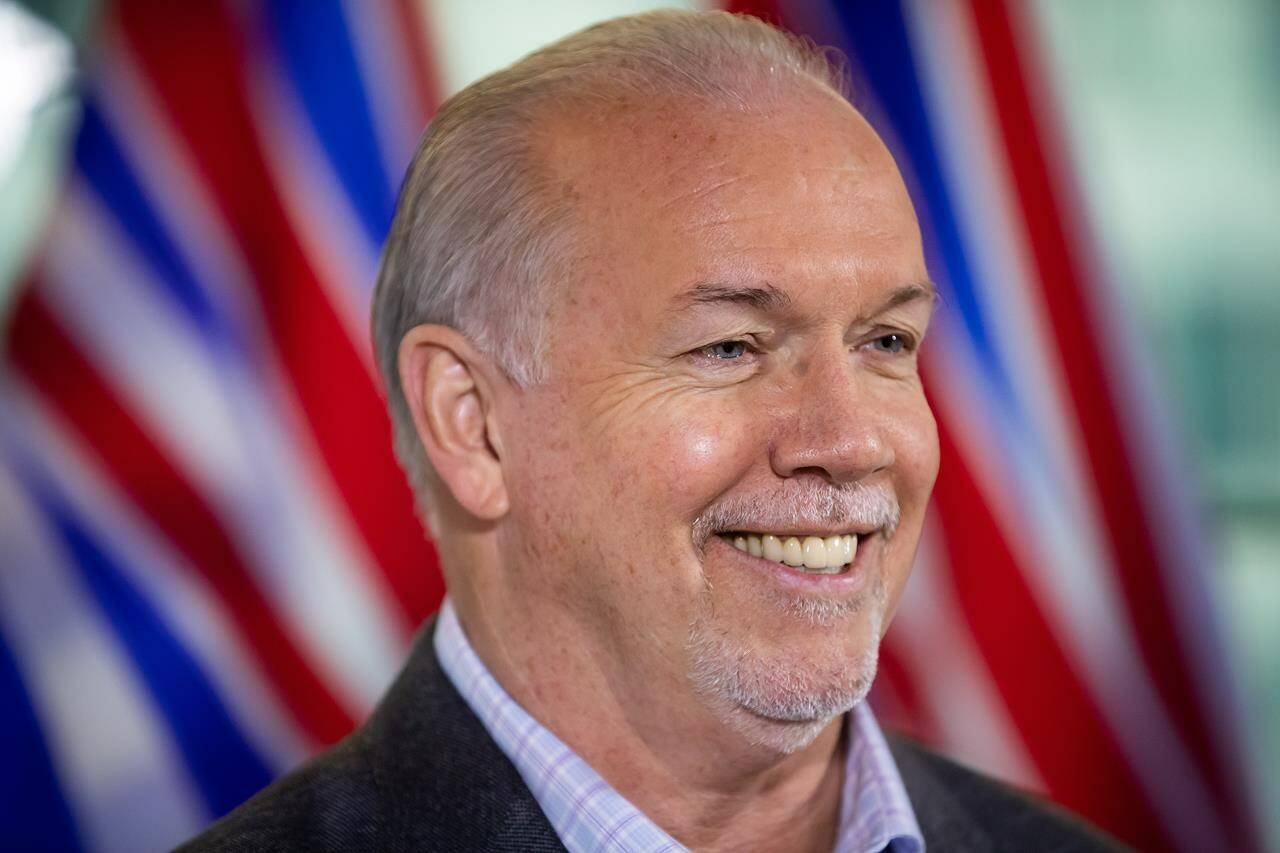Democracy Watch, a non-profit organization advocating for democratic reforms, expressed disappointment with a recent court ruling that threw out the group’s challenge of B.C. fixed-election date law.
“It is disappointing that the (B.C. Court of Appeal) ignored the will of the legislature by ruling that the fixed election date measures enacted by the legislature to stop the premier from calling a snap election do not prohibit the premier from calling a snap election,” Duff Conacher, co-founder of Democracy Watch.
The hearing happened in October, about one year before the latest date for B.C.’s next election, scheduled to take place on or before Oct. 19, 2024. It also happened after a lower court had first ruled against Democracy Watch and Wayne Crookes, founder of Integrity B.C., a point noted by Attorney-General Niki Sharma last month at the start of the October hearing.
The case revolved around the question of whether former New Democratic premier John Horgan had violated the law when he called a snap election in late September 2020 that earned his government a majority.
Horgan at the time was heading a minority government under a confidence-and-supply with the BC Greens. That agreement prohibited a snap election, but Horgan argued that the unfolding COVID-19 pandemic required a stable majority. Horgan’s decision drew criticism because of its timing in the middle of the COVID-19 pandemic, but voters, many voting by mail, appeared to agree with his rationale.
Democracy Watch said its case was not about overturning elections, including the 2020 election, which happened on Oct. 24, 2020 — about a year before the next fixed election.
RELATED: Horgan, NDP head for majority in B.C. election results
The case instead asked for a ruling prohibiting future snap elections, arguing that they are illegal under B.C.’s fixed election date measures. Conacher added all parties supported them that when they came into effect in 2001, when B.C. became the first province to enact such legislation.
“(Snap) election calls are unfair not only to opposition parties, as they are usually called when having an election favours the ruling party, but also to people who want to run as a candidate but can’t afford to suddenly drop everything and run,” he said.
“Hopefully, the B.C. courts will rule that (then premier John Horgan) violated the law when he called his self-interested, hypocritical and unfair snap election, which will prevent snap elections in the future,” Conacher said.
In the end, the court did not in broadly agreeing with B.C.’s argument and the previous court ruling that the law “does not impose any legal limit on the Premier’s discretion to recommend dissolution or the Lieutenant Governor’s discretion to affect it, and the check on calling an unscheduled election is political, not legal.”
The court also agreed with B.C.’s argument that the premier’s advice to dissolve the legislature is a “quintessential example of a matter of high policy that is “non-justiciable” and that “courts do not have the institutional capacity or legitimacy to review it.”
So what’s next for Democracy Watch?
Given that fixed-date election measures are a “legal charade,” Conacher said his group is calling on politicians from all parties to “work together to enact measures that actually prohibit snap election calls, and fix election dates, with the only exceptions being when a specific vote of non-confidence or an actual state of emergency that necessitates an election occurs.”
@wolfgangdepner
wolfgang.depner@blackpress.ca
Like us on Facebook and follow us on Twitter.

